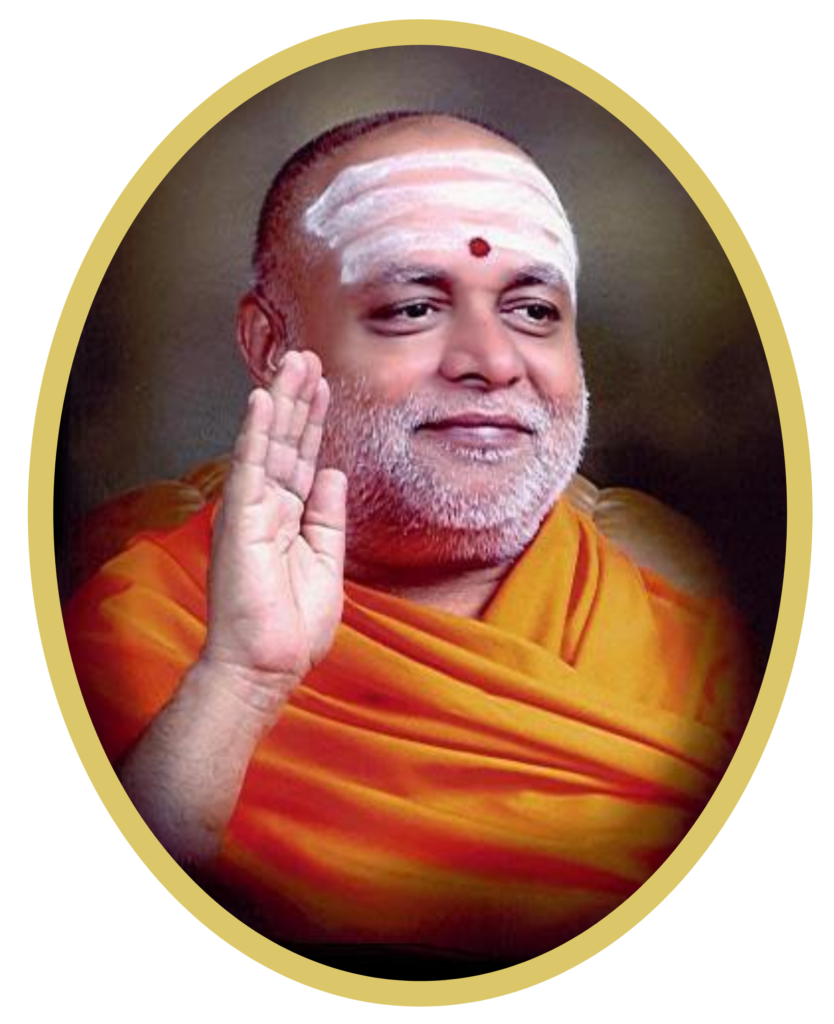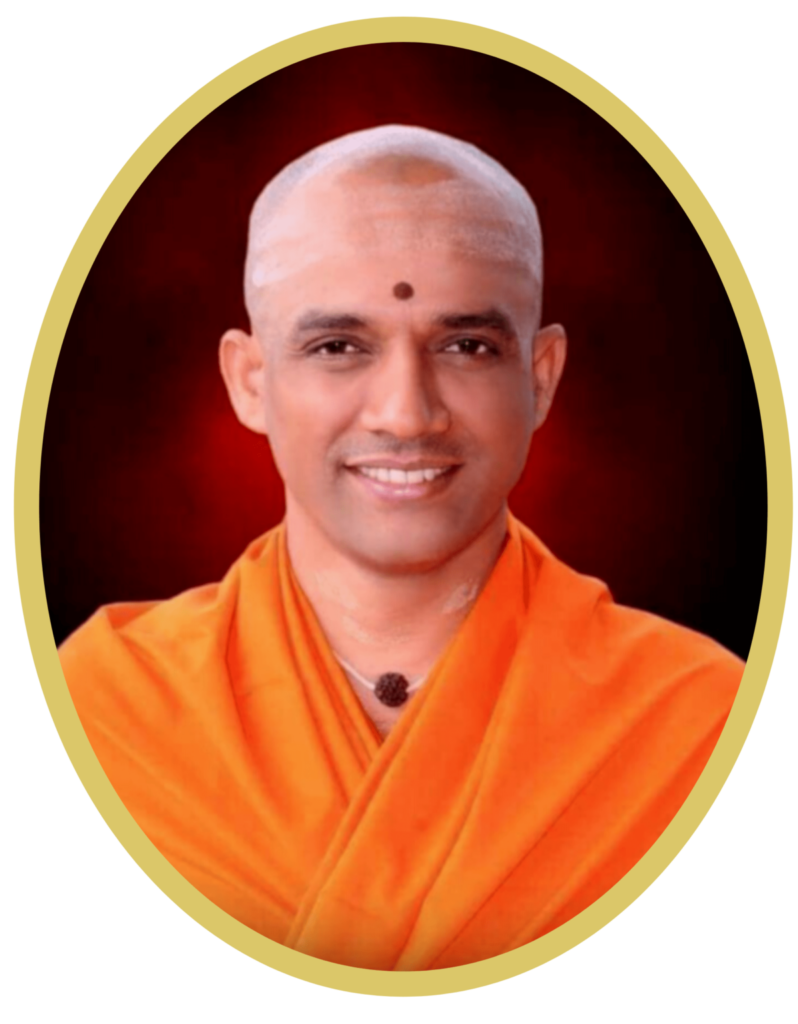Developing the Department as a Centre of Excellence to Evolve Aerospace Engineers with Knowledge, Skill and Character For all Relevant Occupations.
M1:To Build a Talent Pool of Aerospace Engineers With Innovative Problem-Solving Capabilities.
M2: Orientation of the Students To State-of-The-Art Technologies and Research For Aerospace Product Development Activities.
M3. To Groom Aeronautical Engineers To Be Responsible Citizens With Sensitivity To Ethical, Societal And Environmental Issues.
PEO1:Technology Management Graduates of the program will have adequate knowledge in Aerospace engineering and associated subjects that will help them to successfully manage technology in industry, research, defense and academic sectors.
PEO2:Professional Development: Graduates will be able to synthesize data and derive technical specifications and also design and develop innovative solutions to the various problems in Aerospace engineering by engaging in lifelong learning and professional development.
PE03:Professional Ethics and Social Responsibility: Graduates will endeavour to uphold highest levels of professional ethics and will strive to bring in positive impacts for the betterment of the society.
PSO1:Apply knowledge acquired from the programme to develop, maintain, service and market Aerospace products and endeavor to improve solutions for Aerospace problems in their working environment.
PSO2:Continue to learn and adopt the regulations/specifications for design, manufacturing and testing of rockets and its components with special emphasis on adherence to strict quality control and safety of men material and machine.










